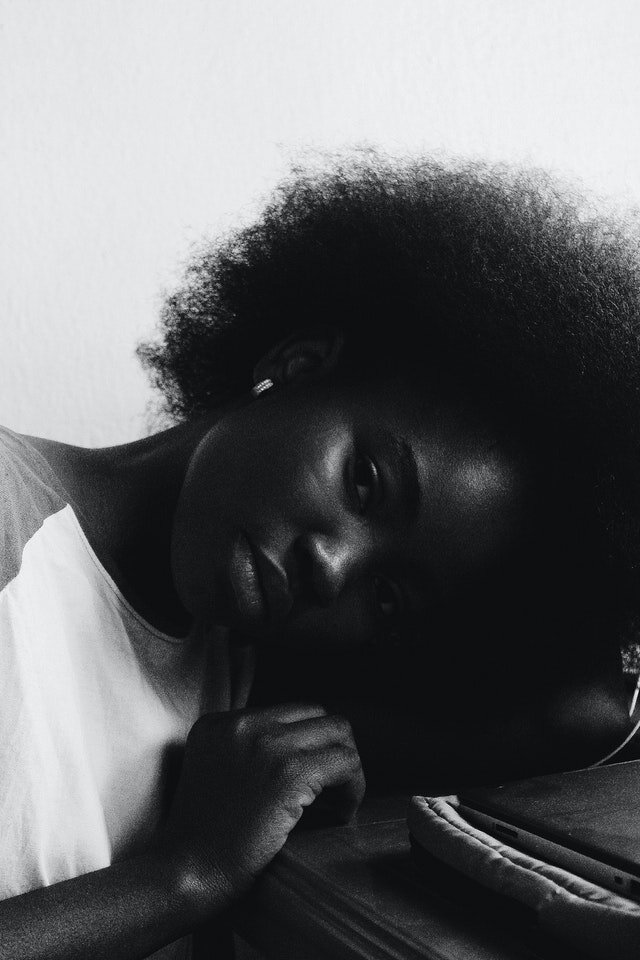COVID-19 has disrupted our lives in countless ways. All of us have experienced difficulties coping with the many disruptions we’ve experienced. But these disruptions have been especially difficult for people who suffer from clinical depression and COVID restrictions. Some people have withdrawn even more from the activities of ordinary life than COVID restrictions require them to. Others are taking unnecessary risks to feel more alive and hopeful. Jane Rubin, Ph.D. explains why people are taking such opposite approaches to clinical depression and COVID.
Could You Describe Those Who Are Retreating Inward?
I can, but I’d like to preface what I say by making it clear that the people I’m describing were already struggling with depression before COVID began. Their depression isn’t the result of COVID, but it’s been exacerbated by it. The people who are retreating inward are feeling more hopeless about the future. They doubt their ability to make the changes they’d like to make in their lives than they were before COVID. For example, people who were internet dating have stopped, even though they could decide to meet people on Zoom. People who were looking for new jobs stopped, even though work in their field is available. The new obstacles they’re facing--having to meet online instead of at a bar, not being able to check out a potential new workplace in person--have caused their efforts to grind to a halt. It’s as if each new obstacle is one obstacle too many. They can’t motivate themselves to move forward.I think COVID is contributing to a more general sense of hopelessness for these clients. It strengthened their feeling that there’s no point in trying to move forward. Something--a financial crisis, a virus, another cataclysmic event--will inevitably come along and stop all their forward progress. They don’t want to risk investing in making changes and then be catastrophically disappointed.
What About Those Who Are the Opposite?
For this second group, the primary experience of COVID is that activity restrictions make them feel like they’re not fully alive. No one I work with takes huge risks. They didn’t travel for the holidays. They don’t go to parties. They wear masks and socially-distance. Yet, they’re taking smaller risks that they shouldn’t take. For example, they are going away for a weekend or spending time indoors with people they know but don't share their household. These tend to be extroverted individuals who have a high need for stimulation. They feel more alive when they’re with other people. They know they shouldn’t do these things, but their lives feel flat and unfulfilling when they stay home and restrict socializing to Zoom or FaceTime.
Are They Doing These Things To Control An Uncontrollable Situation?
Maybe to some extent, but I think it has more to do with their trying to self-regulate. Here’s what I mean by that. I’m an introvert. I need lots of time by myself, especially after I’ve been doing a lot of things with other people. If I don’t get it, I feel overwhelmed and overstimulated--dysregulated, in other words.Let’s say that COVID was transmitted oppositely from the way we know it is. Let’s say that, to avoid getting COVID, not only did we have to not socially distance, we had to be with other people constantly. I would be having an extremely difficult time. I might feel overwhelmed, anxious, and very impatient for this to be over. I'd need to do something to have alone time, even if it involved taking what I knew to be an inadvisable risk.I think extroverted people who suffer from clinical depression are experiencing something similar. They’re not feeling overstimulated. They’re feeling understimulated. The lack of stimulation is so uncomfortable for them that they’re willing to take some risks to feel more alive.
How Are You Approaching Treatment for Your Clients?
With the first group, I’m doing everything I can to try to help them keep hope alive. This involves both acknowledging how difficult it is for them to move forward while encouraging them to take whatever steps they can to help themselves feel better during a trying time.With the second group, I’ve been acknowledging how hard it is not to do the things that make them feel better. Simultaneously, I encourage them to engage in lower-risk activities that will help them feel better, to some degree. With this clinical depression group, it’s also been helpful to remind them that the unnecessary risks they take might not only endanger them. They might also endanger people they care about, such as older friends and relatives.
Is There Anything Else You Emphasize?
Now that we know vaccines are on the way, I’ve been emphasizing that there is light at the end of the tunnel. We don’t have to hang on forever. We just need to hang on until the vaccine is available to us. The worst thing would be to get sick or make someone else sick when hope is on the horizon. It may involve taking things one day at a time, and not looking too far into the future, but we’ll get there if we just hang on. Are you struggling with clinical depression?
Please click to learn more about depression therapy and treatment with Jane Rubin, Ph.D. Jane Rubin, Ph.D., is a clinical psychologist in Berkeley, California. She works with individuals in Berkeley, Oakland, the East Bay, and the greater San Francisco Bay Area who are struggling with depression and anxiety. She also specializes in working with people who are trying to find meaning and direction in their lives.


